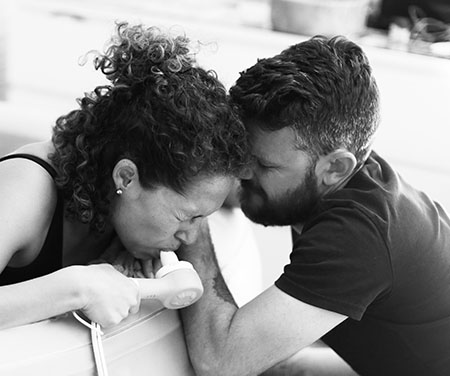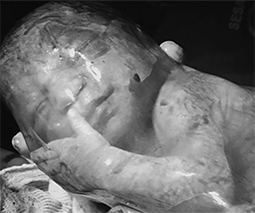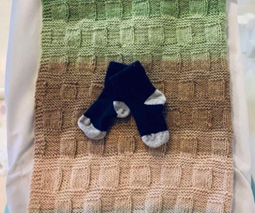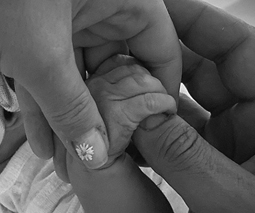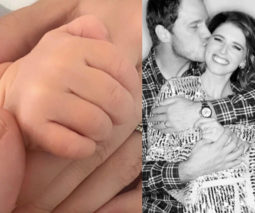Childbirth: The three most common fears and how to overcome them
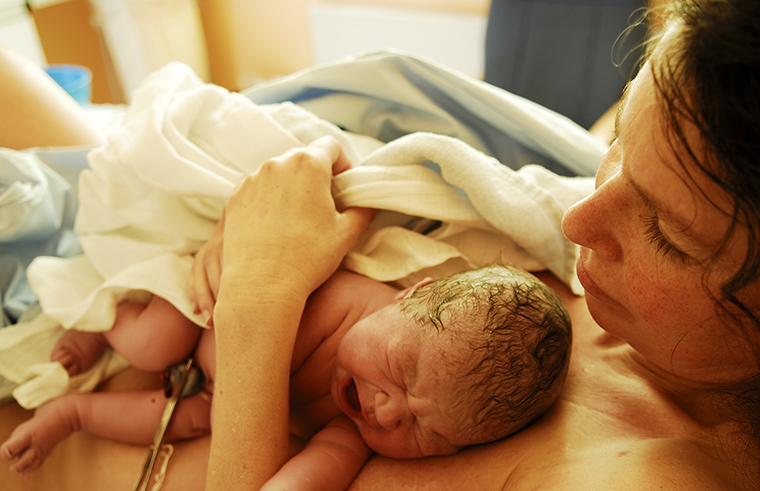
The actual experience of labour can’t easily be explained, so there’s little wonder so many first-time mothers develop a fear of the experience, long before they even make it to the maternity ward.
Luckily there’s a simple strategy to help alleviate the most common fears: great childbirth education.
There’s no such thing as a ‘normal’ birth
Edwina Sharrock is a registered nurse and midwife and she’s also the founder of Birth Beat, which offers online antenatal and childbirth classes. Edwina says there’s no such thing as a ‘normal’ birth experience.
“There is a whole spectrum of experience when it comes to birth, and there is nothing to compare it to,” Edwina says. “That’s why we cover all types of birth education in our programs.”
“We can’t tell you how your birth experience will unfold, and any educator who says they can is lying. But what we can tell you is what we know – according to science and evidence.”
The Birth Beat program tackles fear with education and preparedness. Edwina told us the three most common labour fears for women, and how she helps mums-to-be overcome them. Listen to the Feed Play Love episode below for the full interview, or keep scrolling to read up on Edwina’s top tips for beating our childbirth fears.
Listen to Edwina Sharrock on Feed Play Love:
Fear #1: Pain
“The biggest thing about facing the fear of labour is understanding physiology – what is happening to your body – and learning to trust that your body is built to do this,” says Edwina.
“A great birth education means getting inside your own head and understanding how you process experiences – especially the feeling of being out of control.”
Edwina explains one of the key exercises within the Birth Beat program is designed to help parents face their fear of a lack of control.
“I get the mum and dad to identify one thing they absolutely rely on to help them get through the week. It could be the gym, meal-planning, talking with a friend. Once they have identified that thing, I get them to go without it for a full ten days,” says Edwina.
“Stick to the first thing that came into your mind and don’t change it,” she advises. “Because the purpose of this exercise is to learn how to deal with your feelings of being out of control, so you can develop coping strategies to make yourself feel okay when this happens.”
Fear #2: Pooing in front of strangers
Edwina says that after pain, the next big fear is pooing in front of strangers.
“The fear around it comes from the fact that pooing is otherwise a very private activity, and we are taught that from about two years of age,” she explains.
“But when you get pregnant it is the one time in your adult life when someone is looking at you – and usually after eight to ten hours of hard work – saying, ‘I want you to push like you’re doing a poo!’”
“The truth is about 80 percent of women will end up doing a poo in labour,” Edwina admits. “And nobody can really prepare you any further other than to say that this may well happen to you, and that’s just because of the way your body is designed to birth.”
There is a plus side to the poo situation, as Edwina points out: “It actually means you’re right at the end of your labour and just about to meet your baby!” Phew!
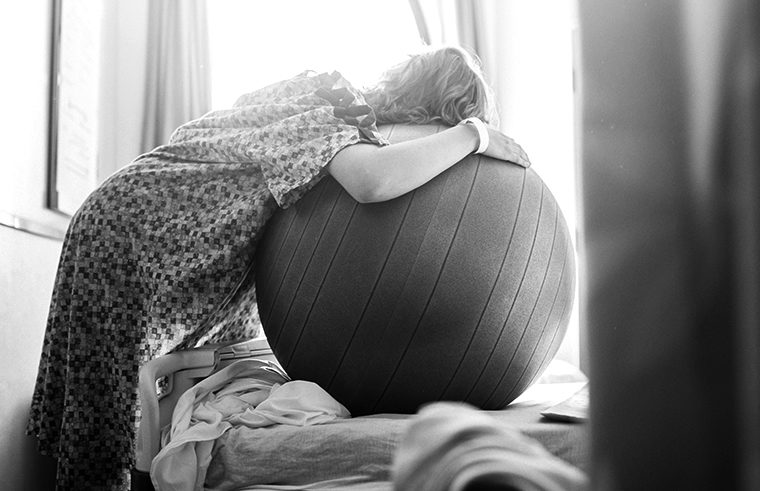
Fear #3: Tearing
Edwina says social media has a lot to answer for when it comes to the issue of tearing in labour.
“So much of the discussion is not evidence-based and that frustrates me. We need to set women up to be realistic. Education is what is empowering and that gives you a better birth experience.”
According to Edwina, when it comes to reducing tearing in labour, these three aspects are key:
- Having an upright labour
- Not pushing until you’re fully dilated
- Encouraging perineal massage (although Edwina says most evidence of this is anecdotal)
Education guarantees a better birth experience
While Edwina says nobody can ever explain to a woman what her birth experience will be like, she’s adamant that the key to overcoming fear is education.
“If you understand your options around birth and have those things clear in your mind, then you can alleviate fear,” says Edwina. “Whereas if you are fearful, then you will be more tense and may end up with a longer and more painful labour.”
Good to know, right? If ever you needed an incentive to book in a childbirth class, that’d be it!
